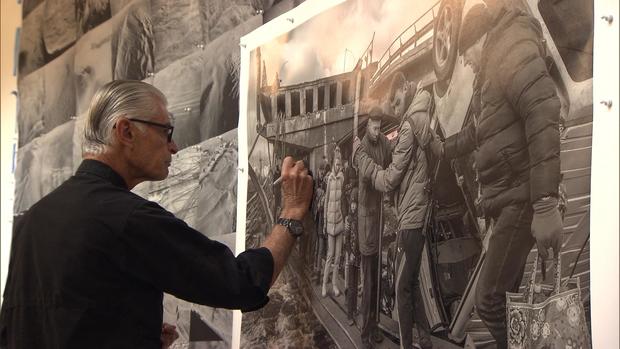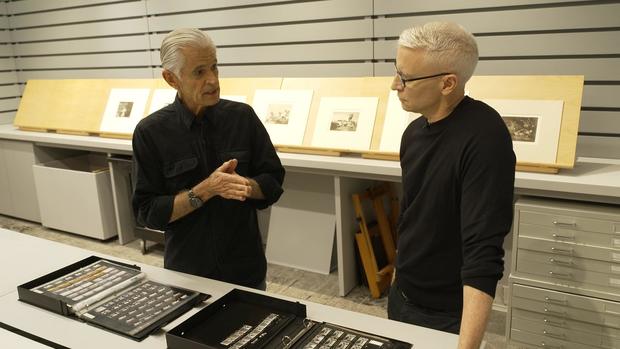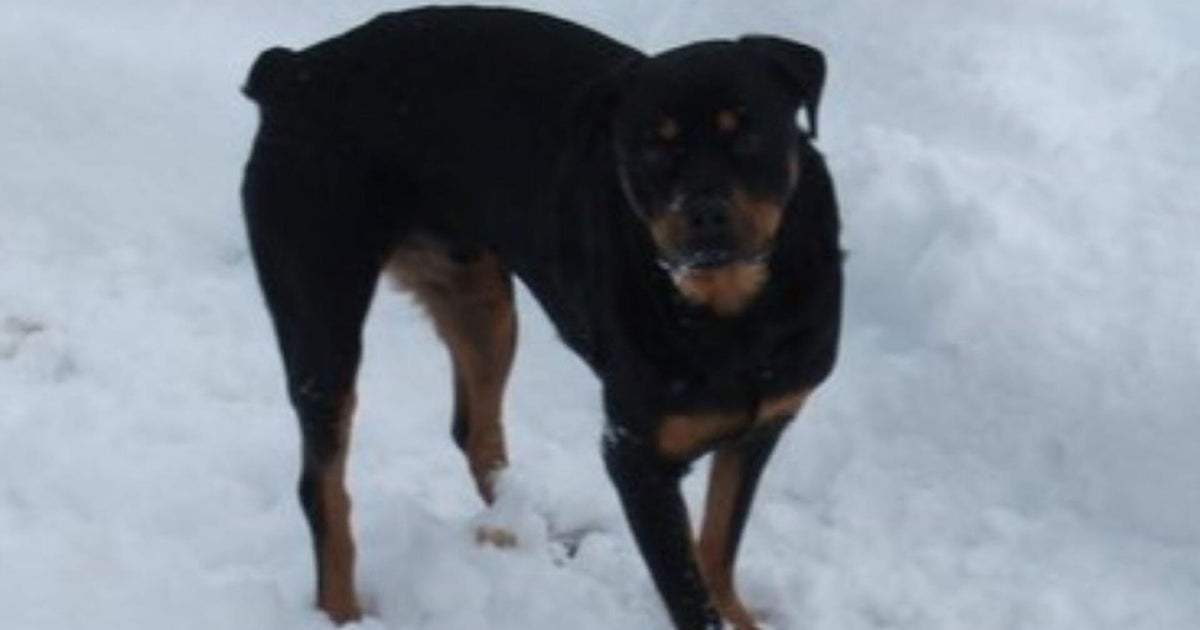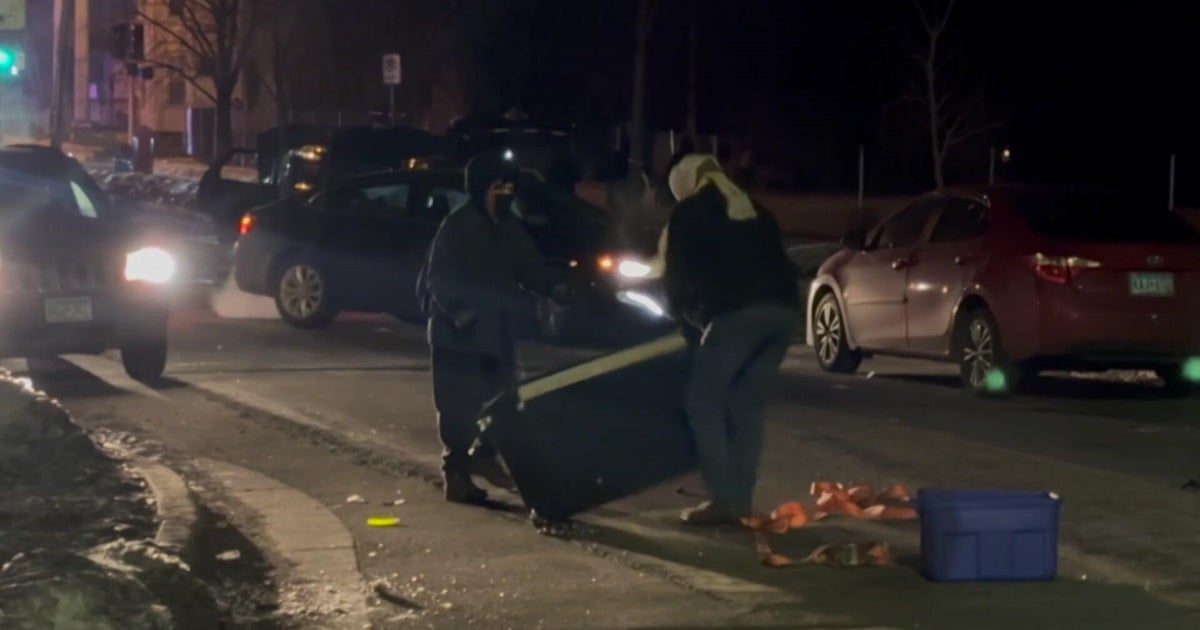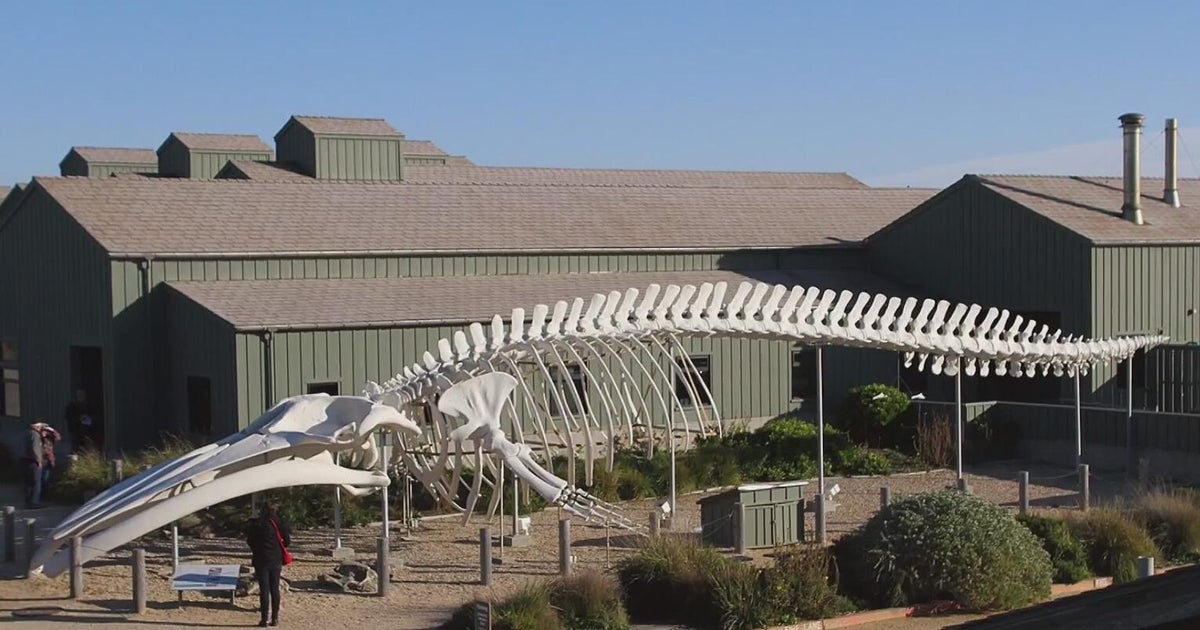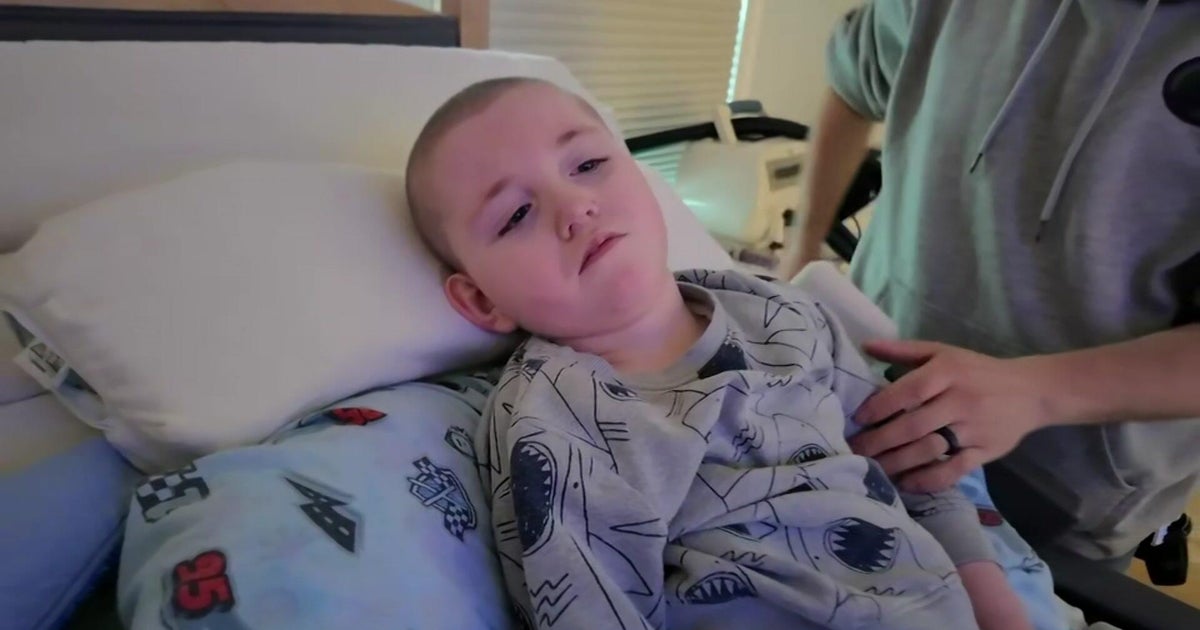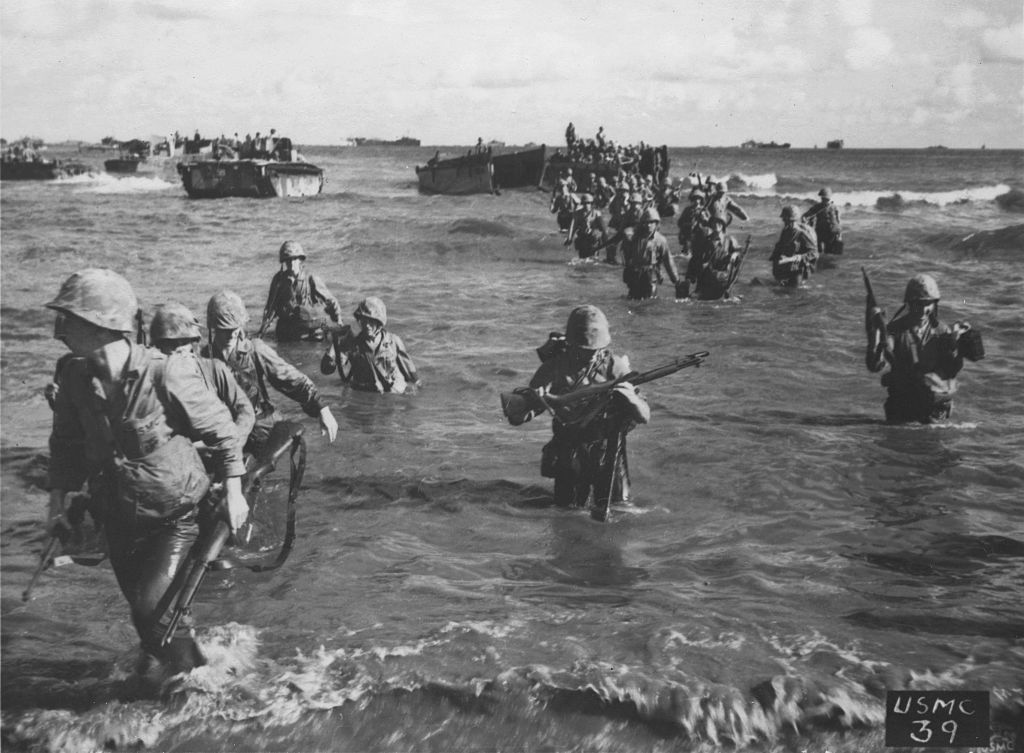Why James Nachtwey risks his life documenting the "insanity of war"
Decades of close calls have taken their toll on war photographer James Nachtwey, but he has no plans of retiring.
Nachtwey has covered nearly every armed conflict in the world over the last four decades. His hearing is damaged. He has grenade shrapnel in his knees, stomach and face, and the septuagenarian was shot in the leg in Thailand. He's been wounded by a bomb in El Salvador, a mortar in Beirut and a grenade in Iraq.
Yet when Russia invaded Ukraine last year, Nachtwey packed up his cameras and Kevlar vest and rushed to the frontlines. For Nachtwey, the risks are worth it.
"It's not for any one image. It's for the job itself," he told 60 Minutes correspondent Anderson Cooper. "I decided a long time ago that if I was going to do this, I would have to put myself at risk, and anything could happen."
Nachtwey was nearly shot in the head in South Africa in the early 1990s as he covered the violent end of apartheid and the blood-soaked birth of a new democracy. He was there when another photojournalist, Ken Oosterbroek, was shot to death and two other colleagues wounded.
"We were down on the ground, trying to not be targets of incoming fire. And you can see my hair part from the bullet going through my hair," Nachtwey said.
The documentation of what he calls "the insanity of war" has been the core of his career. In the darkest times and in the most dangerous places, Nachtwey captures beauty and brutality. His photographs show moments of hate and heroism, senseless destruction and quiet acts of compassion.
They reveal the deepest and often disturbing depths of who we are and what we do to each other. Nachtwey has devoted his life to telling other people's stories, bearing witness to their suffering and sacrifices.
"Many of the people I photographed are marginalized by the powers that be, that they're silenced, they're made invisible," Nachtwey said. "So when someone comes from another part of the world and he assumes risk to tell their story, I think people see us as a kind of messenger."
One of his subjects was a man in Rwanda who'd survived a machete attack. The scarred man couldn't speak, Nachtwey said. The photographer approached slowly, made eye contact and held up his camera, waiting to get permission to take a picture.
"I don't want to feel like I'm taking from people. I want them to feel like they're part of what I'm doing," Nachtwey said. "And I think he understood what his scars would say to the rest of the world."
It's part of the power of pictures. Some photographers have talked about using cameras as a weapon. Nachtwey agreed that it's one way of looking at the tool.
"Because in a way you're, you might be fighting for peace or fighting against an injustice and the way you do it is by informing people about it, with the faith that people will want something done about it," he said.
His photographs have led to action. In 1990, Nachtwey helped reveal the shocking squalor and neglect in Romania's state-run orphanages. His photographs, published in the New York Times Magazine, helped lead to an international effort to rescue the children.
Seeing some of the worst of humanity has taken more than just a physical toll. Nachtwey gave up on the idea of having a family earlier in his career.
"I realized that if I were to pursue what I'm doing, and I was very driven to do that, I wouldn't be a good father. I wouldn't be a good husband, and all that would fall apart," he said. "I just didn't want that to happen. So I had to forgo it."
Nachtwey said he also fights depression and gets angry a lot of the time. Even with that anger, Nachtwey said he still finds reasons to hope in his camera's viewfinder. One such image, taken in 1992 in South Africa, shows children jumping on a trampoline.
"There's something about the innocence of children that's transcendent. And to bounce on a trampoline, I think that you get to the height of your jump and then for a moment, you defy gravity," Nachtwey said. "And I think that's the feeling that I wanted to get in this picture, that they're transcending the weight that has been on their society."
After decades seeing some of the worst in humanity, Cooper asked Nachtwey if he's optimistic about the human species.
"I don't know if 'optimism' is exactly the right word, but in these horrible situations, we see everyday citizens doing remarkable things for each other," Nachtwey said. "Mothers and fathers are my heroes: what they do for their children, how they protect them. Being in places where people have next to nothing and yet, anything they have, they offer to a stranger. Those are the things that we all have and that are displayed in the worst situations that makes me believe in humanity."
